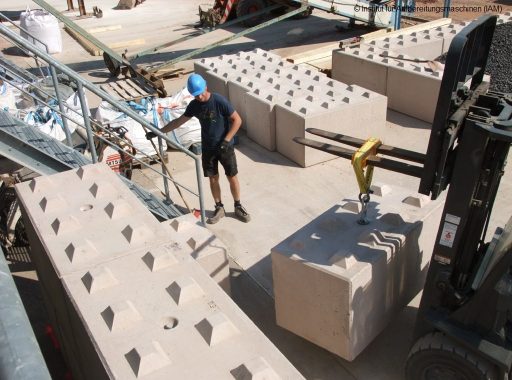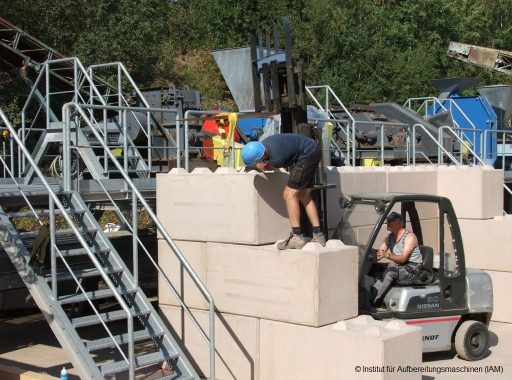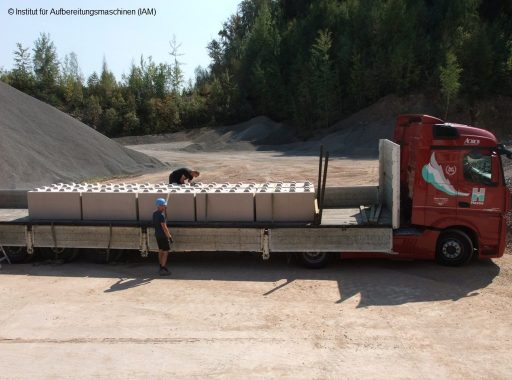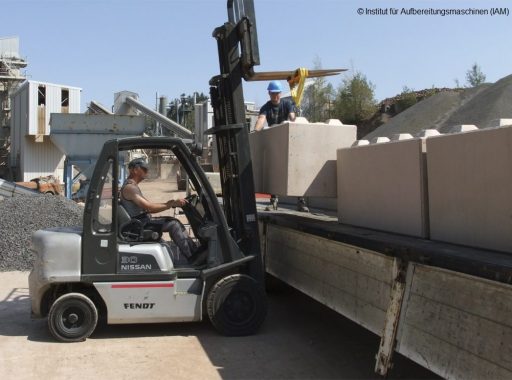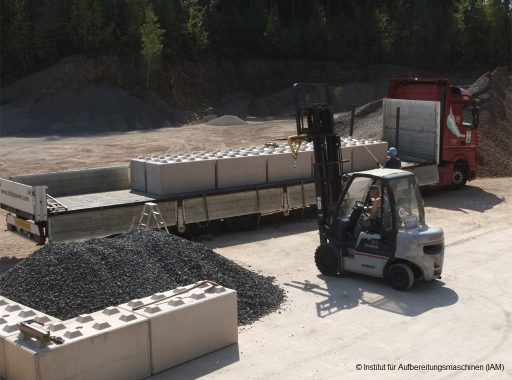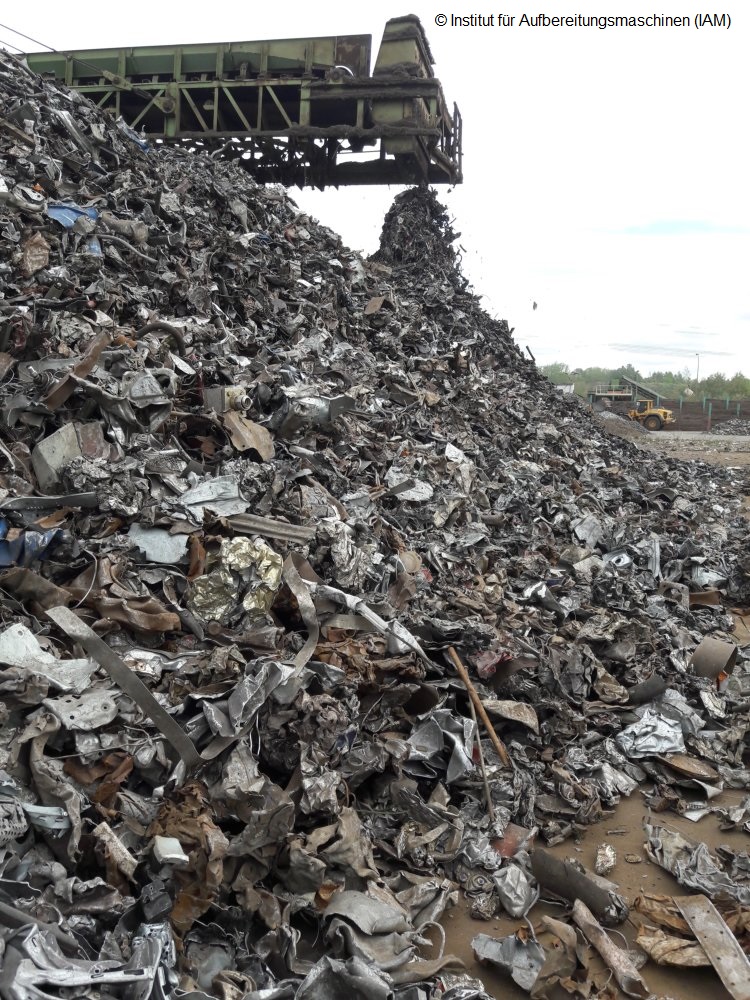…especially if they are valuable Saxon ores! These contain high proportions of sulphides, cassiterite and fluorite minerals, which contain the economically important elements indium, copper, iron, tin and fluorine.
But how can these complex ores, which are demanding in their processing, be used in an economically and ecologically efficient manner? The AFK research project for the processing of fine-grained native complex ore deposits, of which the Institute of Mineral Processing Machines (IAM) of the TU Bergakademie Freiberg is a project partner, is currently working on this question. Continue reading “Even raw materials need a roof over their heads…”

